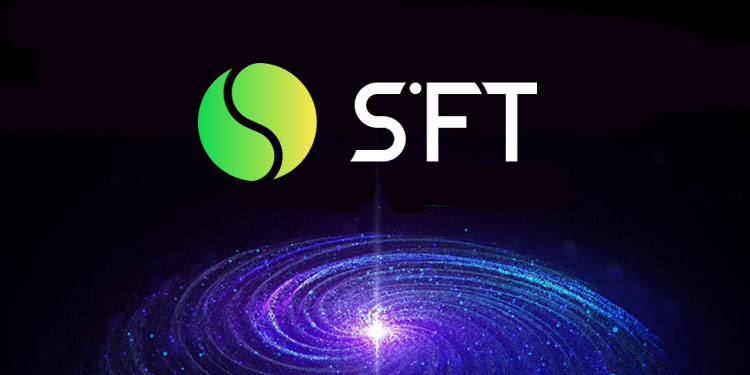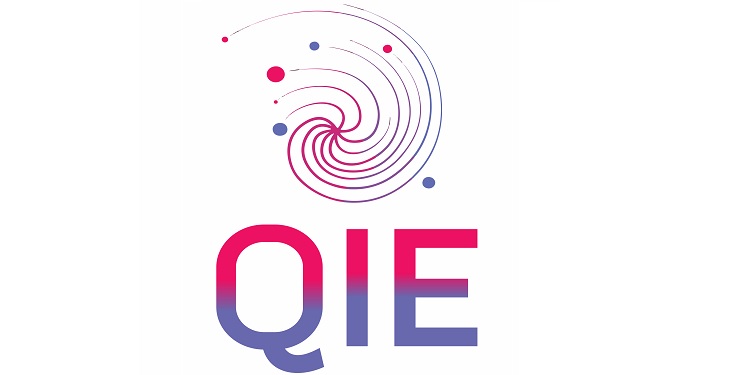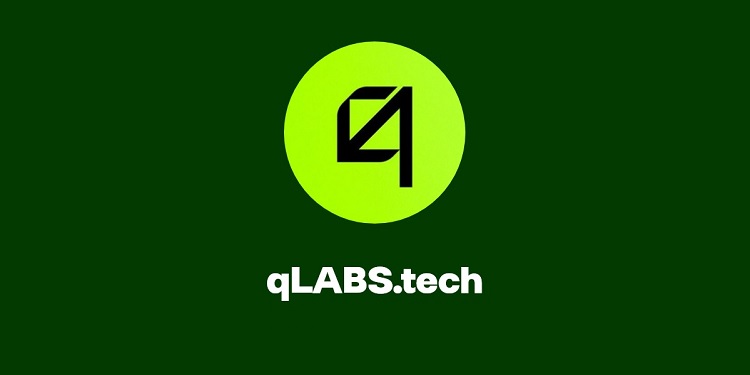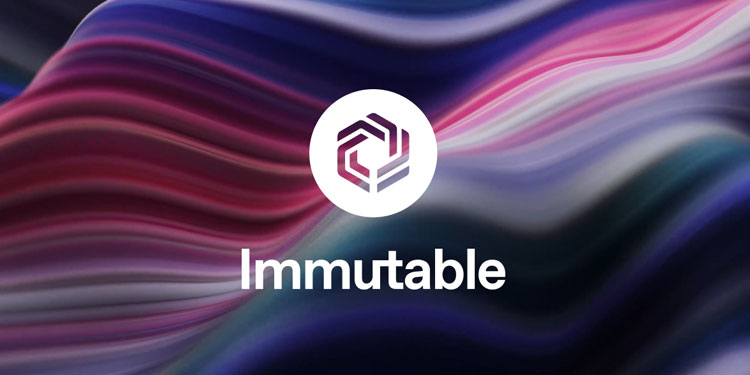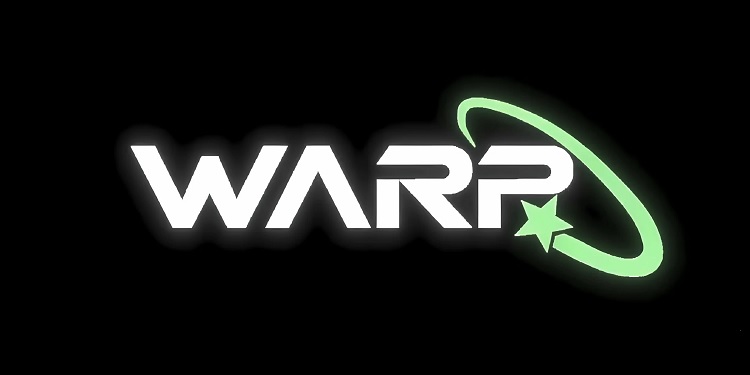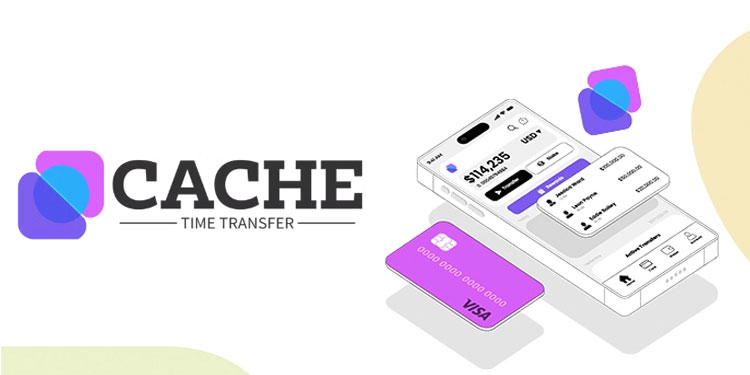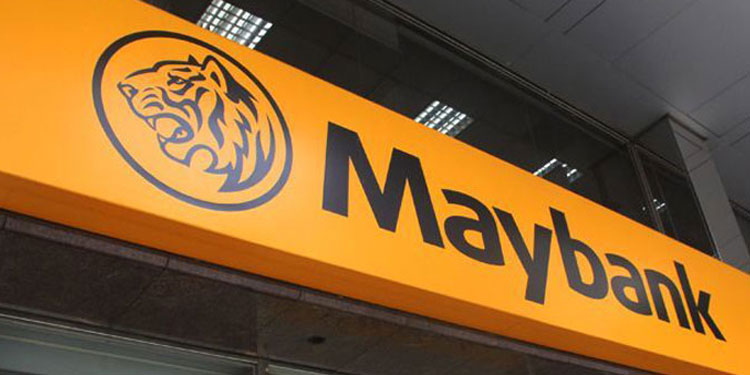In a strategic move to advance blockchain integration in the sports sector, SFT Protocol has confirmed a partnership with Atleta Network, a modular blockchain designed specifically for sports, asset tokenization, and decentralized market applications. The announcement, made on X, outlined a joint effort aimed at merging physical infrastructure with Web3 systems to enhance real-world data processing, transparency, and user engagement in the sports industry.
Atleta Network, an EVM-compatible platform developed with Substrate and coded in Rust, reportedly handles up to 80 transactions per second. Having processed over 24 million transactions and supporting more than 900,000 active wallets, Atleta positions itself as a scalable solution for digital asset tracking within the sports ecosystem. The partnership with SFT Protocol is expected to accelerate its mission of sports digitization, particularly through the integration of decentralized physical infrastructure networks (DePIN) for storage, computation, and content delivery.
SFT Protocol is recognized for its efforts in tackling a persistent issue within blockchain finance—low liquidity in long-term locked assets. The network enables users to stake native tokens and mint SFT tokens in return. These newly created tokens serve multiple roles within the decentralized ecosystem, including participation in DAO governance, staking, lending operations, and hardware resource management. The SFT system connects tokenized hardware usage directly with on-chain value, allowing real-world assets to serve as collateral and functional components in decentralized finance.
The core design of the SFT network revolves around the concept of the “Chain of Chains.” This approach links various hardware resource pools with Web3 services, enabling seamless trade of assets across different blockchains. It also opens the door for integrating off-chain services like artificial intelligence compute, offering diversified income opportunities to participants. The architecture is built to remain decentralized, modular, and adaptable—allowing new blockchains and tools to plug into the network with minimal friction, thereby supporting scalability and technological evolution.
Atleta Network complements this vision with its focus on data execution, multi-chain communication, and decentralized storage within the sports domain. Its EVM-compatible smart contracts and secure data-sharing infrastructure make it well-suited for real-time sports data applications. This synergy aligns with SFT’s emphasis on modular design and real-world use cases. The combined solution will allow developers to build and deploy scalable sports-related dApps, fostering transparency and efficiency across different aspects of the sports industry.
One of the more innovative features introduced by the SFT network involves the tokenization of physical devices. Through DePIN tools, hardware owners can safely manage device identity and tokenize their equipment—ranging from standard consumer electronics to custom devices like Raspberry Pi setups. These connected devices can monitor real-world events, transmit data to the blockchain, and receive token rewards in return. In sports contexts, this could support use cases such as gear tracking or sensor-based performance measurement.
The partnership also holds promise for deepening fan engagement. By combining on-chain data from wearables, tokenized match results, and digital sports collectibles, developers can create immersive and verifiable sports experiences. Fans could gain ownership of unique tokens tied to memorable moments, while teams could issue NFT-based tickets or implement blockchain-based voting systems. These innovations aim to bridge the physical nature of sports with the transparency and security of blockchain technologies.
The broader goal of this collaboration appears to be the development of an open, interoperable, and decentralized foundation for sports applications, rather than promoting any single token or closed ecosystem. The alliance between SFT and Atleta is set to provide flexible infrastructure for developers, clubs, and communities alike, facilitating the creation of services ranging from secure data tracking to fan reward mechanisms. By avoiding vendor lock-in and focusing on system-level reliability, the initiative could play a significant role in driving Sports Web3 adoption in the coming years.

